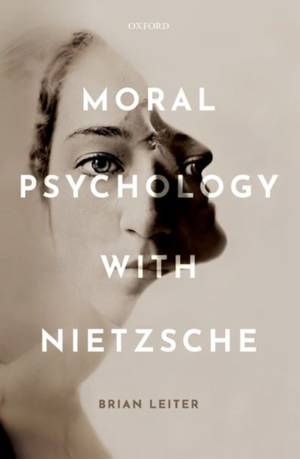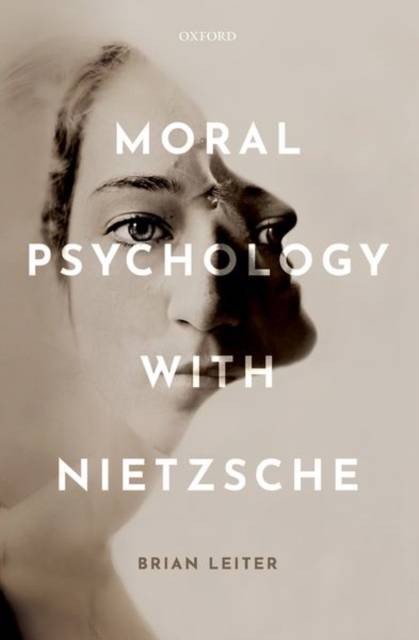
- Afhalen na 1 uur in een winkel met voorraad
- Gratis thuislevering in België vanaf € 30
- Ruim aanbod met 7 miljoen producten
- Afhalen na 1 uur in een winkel met voorraad
- Gratis thuislevering in België vanaf € 30
- Ruim aanbod met 7 miljoen producten
Zoeken
Omschrijving
Brian Leiter defends a set of radical ideas from Nietzsche: there is no objectively true morality, there is no free will, no one is ever morally responsible, and our conscious thoughts and reasoning play almost no significant role in our actions and how our lives unfold. Leiter presents a new interpretation of main themes of Nietzsche's moral psychology, including his anti-realism about value (including epistemic value), his account of moral judgment and its relationship to the emotions, his conception of the will and agency, his scepticism about free will and moral responsibility, his epiphenomenalism about certain kinds of conscious mental states, and his views about the heritability of psychological traits. In combining exegesis with argument, Leiter engages the views of philosophers like Harry Frankfurt, T. M. Scanlon, and Gary Watson, and psychologists including Daniel Wegner, Benjamin Libet, and Stanley Milgram. Nietzsche emerges not simply as a museum piece from the history of ideas, but as a philosopher and psychologist who exceeds David Hume for insight into human nature and the human mind, repeatedly anticipates later developments in empirical psychology, and continues to offer sophisticated and unsettling challenges to much conventional wisdom in both philosophy and psychology.
Specificaties
Betrokkenen
- Auteur(s):
- Uitgeverij:
Inhoud
- Aantal bladzijden:
- 212
- Taal:
- Engels
Eigenschappen
- Productcode (EAN):
- 9780199696505
- Verschijningsdatum:
- 21/05/2019
- Uitvoering:
- Hardcover
- Formaat:
- Genaaid
- Afmetingen:
- 155 mm x 236 mm
- Gewicht:
- 498 g

Alleen bij Standaard Boekhandel
+ 338 punten op je klantenkaart van Standaard Boekhandel
Beoordelingen
We publiceren alleen reviews die voldoen aan de voorwaarden voor reviews. Bekijk onze voorwaarden voor reviews.







